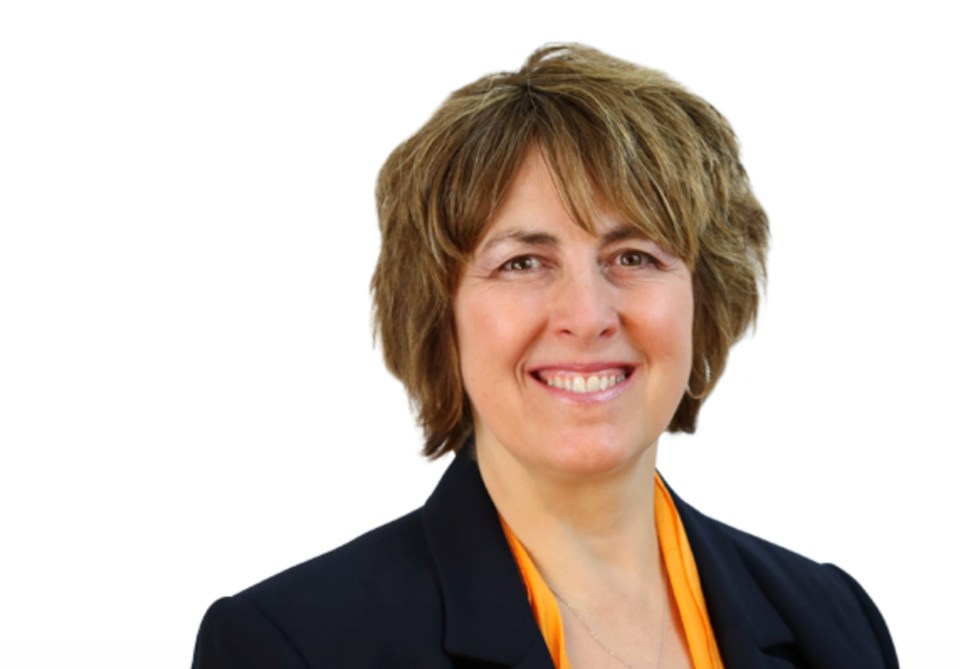Algoma-Manitoulin-Kapuskasing MP Carol Hughes writes a regular column about initiatives and issues impacting our community and Northern Ontario. The column below was issued by Hughes' office on Feb. 16, 2023.
Late last week, the final report of the Federal Electoral Boundaries Commission for Ontario was released. While there was some significant changes from the redistribution proposal that was released late last summer, with feedback taken from the great work of municipal leaders, First Nations, and concerned citizens to help shape the electoral map, the core issues with redistribution remained for the north. Namely, the number of electoral districts is being reduced, from 10 to nine; rural communities are being lumped in with larger centres; and a reduced voice in Parliament. Any way you slice it, the report does not favour northern Ontario.
While electoral districts across the north have been redistributed, the clear outlier in terms of how things are changing is Algoma-Manitoulin-Kapuskasing. With the commission’s final proposal, the electoral district of Algoma-Manitoulin-Kapuskasing will be completely erased. Those who live within the riding currently would be represented in new ridings with much larger centres. Those who currently reside on or near the east side of the Highway 17 corridor, including Manitoulin Island, up to Walford would be part of the Manitoulin-Nickel Belt riding. Those west of here, from Spanish to St. Joseph Island, and all the way north to White River, would be part of the Sault Ste. Marie-Algoma. Those north along Highway 11, as well as those in Chapleau, Sultan and Foleyet, would be part of the new riding of Kapuskasing-Timmins-Mushkegowuk. These changes are centred on population growth based on collected census data. It’s not that the population across northern Ontario didn’t grow over the last 10 years, it just didn’t grow as fast as other parts of the province.
It wasn’t from a lack of effort from citizens trying to retain the number of ridings in the north. The report indicates considerable concerns raised across those regions where ridings would be changed significantly, particularly in Northern Ontario. In fact, they specifically note of “49 of the municipalities in northern Ontario that passed resolutions in relation to the proposed redistribution plan included in their resolutions a petition to the Federal Government to introduce legislation that would provide for a minimum number of 'guaranteed' ridings for northern Ontario, to ensure that the voices of northern and rural communities are heard.”
This is an incredible amount of action from concerned citizens and municipalities, and this work has not gone unnoticed. However, the commission further notes that “these recommendations fall outside the mandate of our commission and the timelines imposed by the Electoral Boundaries Readjustment Act.”
The loss of a riding in Northern Ontario is problematic. It means that the communities that are represented in the north will have one less voice in parliament, and one less vote in the House of Commons for issues important to northerners. The office of a Member of Parliament acts as northerners’ gateway to federal public services, such as passport, immigration, and Canada Revenue Agency services, especially in smaller communities that don’t have readily accessible Service Canada offices.
Algoma-Manitoulin-Kapuskasing is, by design, a rural riding, representing small towns, villages, First Nations, and francophone communities. It was designed to offer people strong political representation, and to articulate their unique needs and aspirations in Parliament. This readjustment may risk alienating people in those communities whose needs and concerns are overshadowed by the interests of more populous urban centres. This isn’t to say that those interests can’t align, but the needs of a community such as Iron Bridge aren’t the same as the needs of a community like Sault Ste. Marie.
The report still needs to be approved through the Standing Committee on Procedure and House Affairs (PROC) and then returned to the Federal Electoral Boundaries Commission for Ontario for consideration of any recommended changes. Other northern Ontario MPs have so far also been less than pleased with losing representation in northern Ontario for the reasons highlighted and more. This is where the fight to keep representation will be fought next. MPs have a month to formally object to the proposed plan to remove a seat from northern Ontario, and on this issue, we will work to be a united front against the plan that seeks to strip that voice from Parliament. We will do everything we can to make sure the north is heard against having a seat stripped from northern Ontario.
Appropriate representation is not just about pure numbers, but of communities of interest, of accessibility of services, and ensuring that every Canadian, regardless of where they are from, are enfranchised in their political system.



